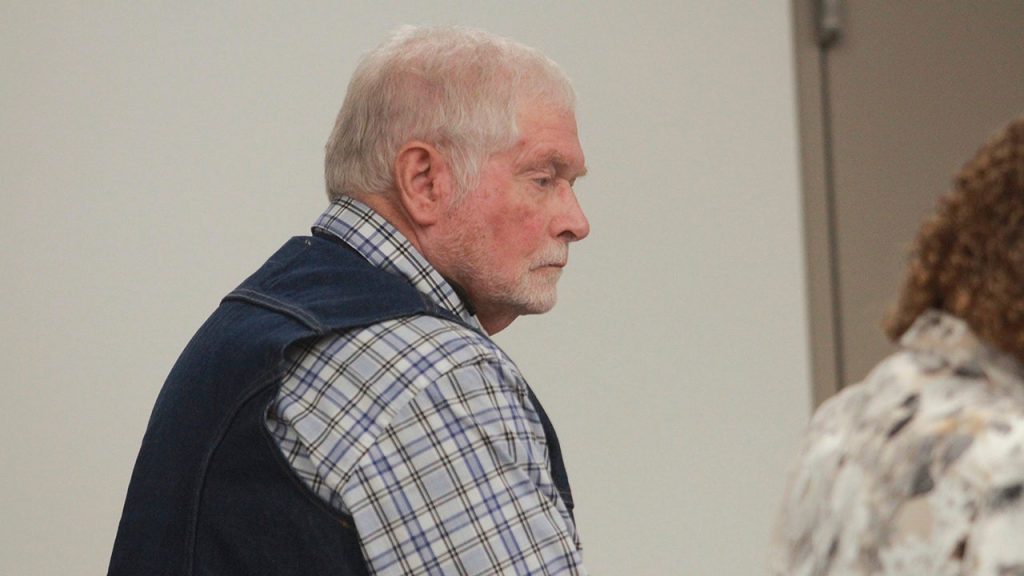Arizona rancher George Alan Kelly was tried for second-degree murder, manslaughter, negligent homicide, and aggravated assault with a deadly weapon but the case ended in a mistrial as the jurors were unable to reach a unanimous decision. During deliberations, the jury remained deadlocked with seven seeking to acquit Kelly, and one holdout wanting to convict. Kelly’s defense team confirmed that the holdout juror was stubborn and would not listen to evidence, causing frustration among the other jurors. Kelly’s wife, Wanda Kelly, expressed her disappointment at the outcome and the prospect of facing a second trial after being in limbo for 15 months.
Kelly’s defense attorney argued that the prosecution failed to prove that the deceased, Mexican national Gabriel Cuen-Buitimea, was shot by Kelly’s gun. The defense maintained that Kelly only fired warning shots into the air on his property and called Border Patrol after spotting armed men nearby. A criminologist working pro bono for the defense criticized the sheriff’s testimony regarding the handling of the case and claimed that the investigation was tainted by cartel influence. The defense also raised questions about a key witness’s credibility and suggested that a rip crew, possibly cartel-affiliated bandits, could have been responsible for Cuen-Buitimea’s death, as the fatal bullet was never recovered from the scene.
The defense consultant accused the sheriff’s department and the district attorney of believing unreliable witnesses over the Kellys and criticized the handling of the investigation. The defense questioned the sheriff’s motivations, alleging political designs for re-election and vowing to seek an investigation into potential civil rights violations regardless of the case’s outcome. The defense argued that Kelly would have been justified in using physical force to defend himself and his wife but did not need to resort to lethal measures on their isolated ranch. Despite these arguments, the jury was unable to reach a consensus, leading to the mistrial.
Prosecutor Mike Jette contended that Kelly had no justification for using deadly force against two unarmed men walking near his property. He claimed that Kelly indiscriminately fired his weapon without warning, leading to Cuen-Buitimea’s death. Throughout the trial, the defense maintained that the evidence did not support the prosecution’s narrative of a migrant seeking the American Dream being killed on Kelly’s ranch. Following the mistrial, the state will decide whether to retry the case as Kelly prepares for the possibility of facing another trial.
The defense criticized the handling of the investigation, arguing that key steps were overlooked, evidence was not properly preserved, and crucial tests were not conducted. Despite the lack of a clear resolution to the case and unanswered questions about what truly happened on the ranch that day, the defense prepared for any potential future legal proceedings. Kelly’s wife emphasized the uncertainty and frustration of being caught in legal limbo, waiting for a resolution that may never fully provide closure. As the case moves forward, both sides continue to grapple with the complex legal and moral questions surrounding the events that led to Cuen-Buitimea’s death.


